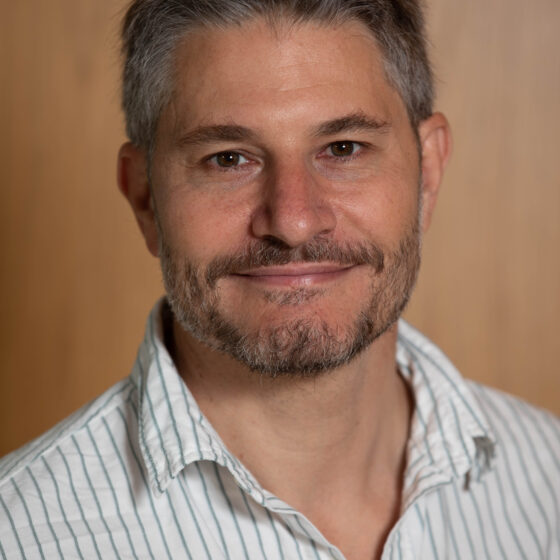
Agustín Ibañez
Sun 27th – 9:00 AM
Global Brain Health Institute, Trinity College Dublin, Ireland, and Latin American Brain Health Institute (BrainLat), Universidad Adolfo Ibanez, Chile.
Chair: Diego Golombek, Universidad Nacional de Quilmes / CONICET
Summary
Current neuroscience and brain health models are predominantly derived from high-income populations, which only partially represent some individuals worldwide. The lack of diversity in data, models, and population representation limits the generalization and effectiveness of brain health research. There is also an unmet need for more complex, multimodal computational frameworks integrating diverse biological, whole-body health, environmental, and social factors to enhance predictive models and personalized interventions. In this presentation, I will introduce different regional initiatives: the Multi-partner Consortium to Expand Dementia Research in Latin America (ReDLat) and the Global Brain Health Institute (GBHI). I will provide examples of multicentric research, emphasizing their potential to diversify brain health science and improve computational personalized medicine models. These include (a) data sharing and multicentric analyses of genetic, epigenetic, social, and economic factors influencing brain health; (b) neurocognitive assessment models for neurodegenerative conditions and healthy aging; (c) development of cost-effective disease markers; (d) computational approaches including brain age (or “brain clocks”) and whole-brain biophysical models; and (e) international collaborations and private sector initiatives promoting brain health, brain capital, and brain health diplomacy. I will summarize opportunities to develop collaboration with ReDLat and GBHI networks, including research applications, fellowships, and multicentric data collection.

